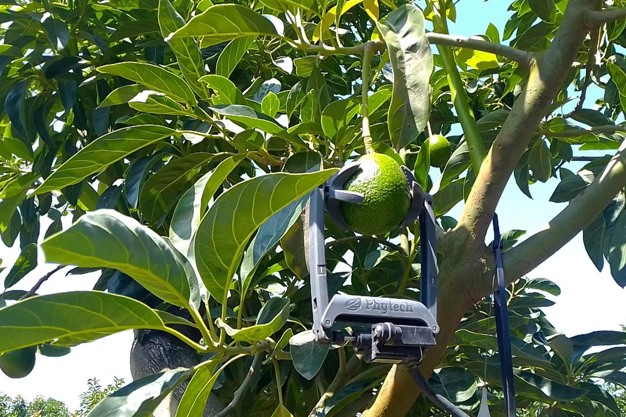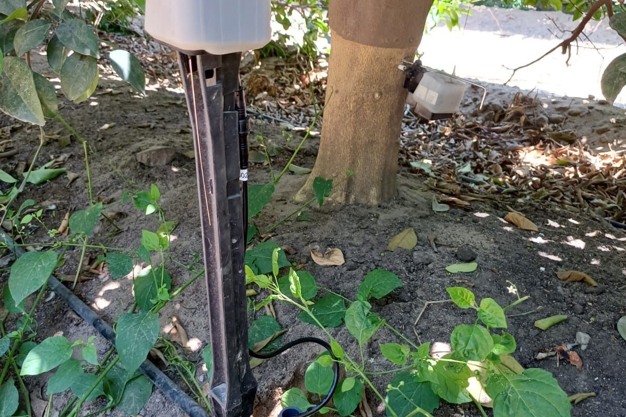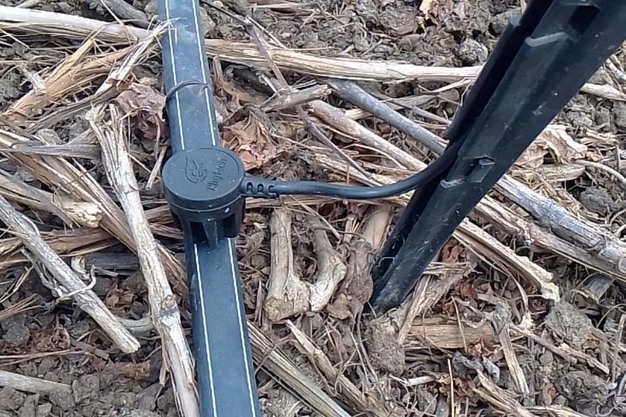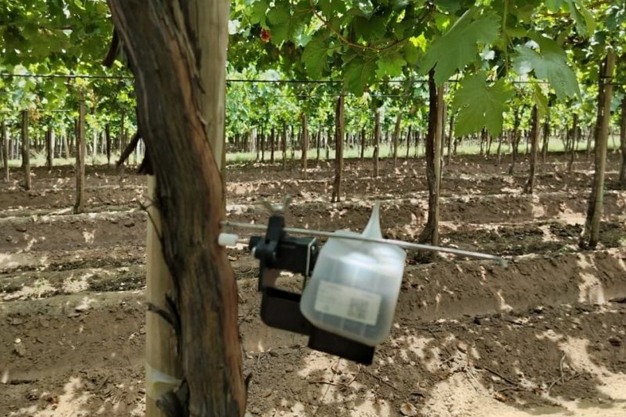The often negative effects caused by the Cyclone Yaku and the El Niño phenomenon over the past two seasons mainly affecting agro-exports from the North Coast of Peru in avocados, blueberries, mangoes and bananas, as well as across Latin American is well documented. Phytech, the technology platform that monitors orchards in several major fruit production countries around the world, allows producers to remotely monitor in real-time the stress of the plant, fruit size, soil moisture, irrigation pressure and climate.

Ilan Liwski, South American Manager of Phytech, says their system makes visible what could in the past not be seen in real-time. "In avocado, during the fruit growth stage, an increase in stress was observed in the plants due to the hotter climate and in areas where the necessary watering could not be done due to damage to the infrastructure, the greatest stress was recorded in the plants, the decrease of humidity in the soils and of course the lower growth of the fruit. Through our system, producers can immediately see the effect."
For now, producers in Peru are closely watching the climate, hopeful that conditions will improve. "On the North Coast of Peru, we are still waiting for the flowering of blueberries. It seems that the climate may be favorable since the minimum temperatures have been dropping, but we still have to wait. In mango, work is being done to obtain flowering, also hoping that the climate will favor it and with respect to avocado, there was a presence of fruit drop in certain areas, it seems that we will have a year with fewer fruit and with a smaller size since lower growth was recorded in the fruit compared to previous years."

Liwski says Phytech is differentiated from other digital farming companies by supplying a complete 360 platform that covers every aspect of the operation that includes the hardware, software and hassle-free service that let growers focus only on their job. The company has an extensive customer base with over 900 of the world's top growers in California, Washington, the Midwest, Europe as well as Australia, South Africa, Israel and South America – where the operations are run by local subsidiaries.
"We have experienced a rapid growth in demand worldwide, that stems from the increasing environmental challenges, the rise in inputs cost and the ability and simplicity of our solution to help growers make the digital transformation with ease, and optimize their businesses. We cover more than 100,000 hectares worldwide with our sensors," says Liwski.

"We have 200 employees around the world and the rate of innovation is unprecedented. In the last year we've added smart irrigation recommendation based on the soil, the plant and planned irrigation, new automations capabilities and full hydraulic monitoring. Currently, we gather and analyze 25 million data points from over 40 million trees. This is a lot of data that drives forward our constant innovation to make farming smarter, simpler and more sustainable."

Phytech has an array of different sensors to provide a comprehensive monitoring and visibility to support on-farm decisions. "We have a plant sensor, fruit sensor and irrigation sensors, that show current and historical hydraulic data from each irrigation component such as pressure at the end of the block, pond level, pressure before and after the filter. In the past, farmers had to open or close the valves manually, or even check if irrigation is running. Now, they have sensors that can tell them if the pressure is okay, whether the plants got what they were given, etc. You will get real-time alerts when there's a problem. With our soil moisture sensors, climate data (via Davies climate control station or weather services), frost alerts and NDVI, producers get the full picture of what's going on in the soil, fruit and irrigation. It allows you to control your farm from your mobile no matter where you are. It is a game-changer for large scale farms because growers can see and control a lot of ground from one screen – and take the right irrigation decision," concludes Liwski.
For more information:
Ilan Liwski
Phytech
Email: Ilan.l@phytech.com
www.phytech.com
